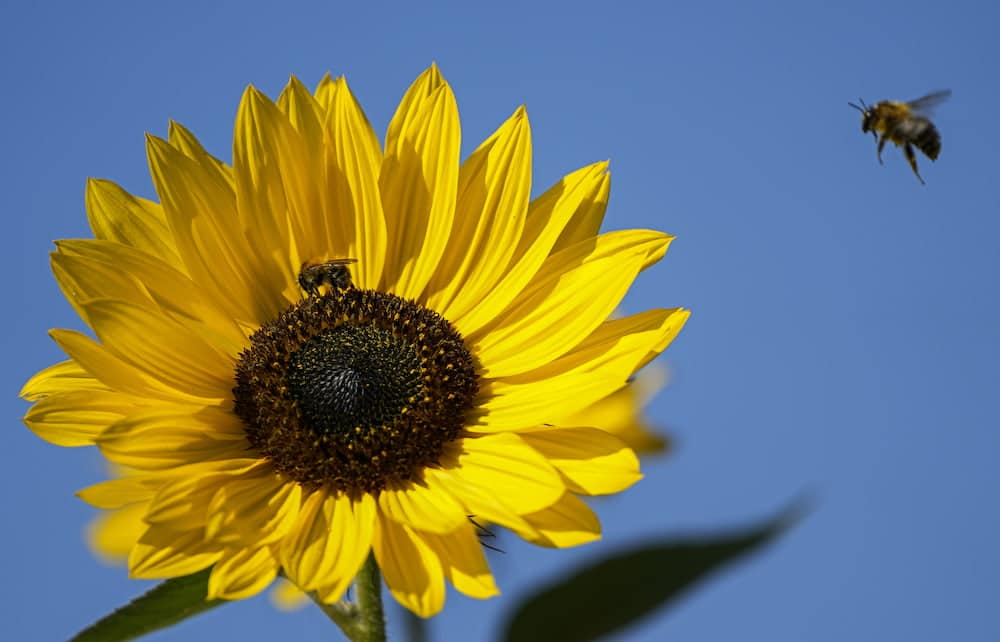An emergency biosecurity zone has been imposed to stop the movement of bees across NSW after the deadly parasite varroa mite was discovered.
The mite was found last week at hives near the Port of Newcastle, with a further detection on Saturday at hives belonging to a commercial beekeeper about ten kilometres away.
Acting chief executive of the Australian honey bee industry council Danny Le Feuvre said up to 100 hives have been destroyed near the port as part of containment measures.
“The bee keeping industry in Australia has got its eyes on Newcastle at the moment,” he told AAP on Monday.
“We’re still very confident that we have it contained and it’s eradicable.”
Mr Le Feuvre said the statewide standstill on bee movement was adopted to give authorities time for tracing activities.
“To identify where the commercial beekeepers’ hives are, where they’ve been and what other hives they’ve been in contact with,” he said.
He said the Newcastle beekeeper also had 120 hives at Trangie in central west NSW, which were inspected before being destroyed.
“We’ve inspected all the hives at Trangie, and there have been no mites identified … however the mites are the size of a pinhead amongst thousands of bees.”
Vice President of Amateur Beekeepers Australia, Sue Carney, said beekeepers have been dreading the arrival of the mite but hope the emergency response can eradicate it.
“I think all beekeepers have been dreading this moment,” she said.
“It’s devastating to think something you have spent alot of time and energy looking after … and caring for your bees, that they may have to be eradicated in order to control the spread of this mite.”
NSW Agriculture Minister Dugald Saunders issued the order on Sunday stopping the movement of bees across the state.
“Australia is the only major honey producing country free from varroa mite, the most serious pest to honey bees worldwide,” Mr Saunders said.
The tiny reddish-brown parasites have the potential to do severe damage to the Australian bee industry, worth $147 million annually, as they spread viruses that cripple bees’ ability to fly, gather food and pollinate crops.
An initial 50km biosecurity zone was put in place at the Port of Newcastle on Friday where beekeepers must notify the state Department of Primary Industries of the location of their hives.
All hives within the 10km zone were eradicated, while a 25km surveillance zone is also active around the site, with officials monitoring and inspecting managed and feral honey bees.
“If varroa mite settles in the state, it will have severe consequences, so we’re taking every precaution and action needed to contain the parasite and protect the local honey industry and pollination,” Mr Saunders said.
“We’re working with apiary industry bodies and stakeholders to ensure beekeepers are well informed and can continue to help us with this critical response,” Mr Saunders said.



